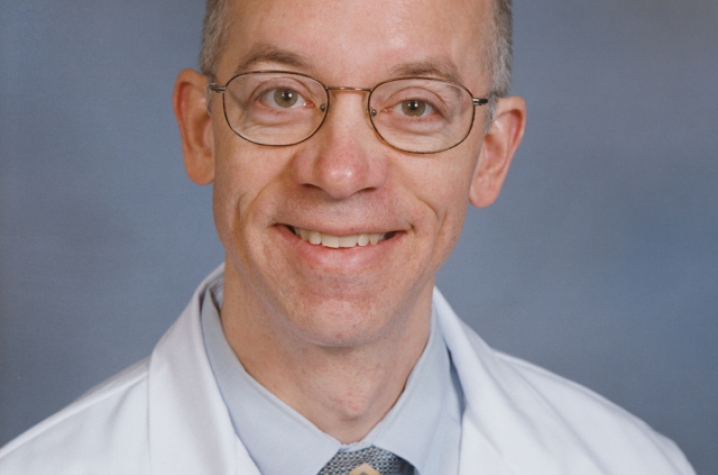Surgeon Debunks Myth About Air Causing Cancer to Spread

LEXINGTON, Ky. (April 11, 2011) – The following column appeared in the Lexington Herald-Leader on Sunday, April 10.
Air doesn't cause cancer to spread
MYTH PERSISTS DESPITE TREATMENT ADVANCES
By Dr. Joseph Valentino
“But Dr. Valentino, if air gets to the cancer it will spread everywhere!”
In my 18 years of practice at the Markey Cancer Center, I have frequently heard this concern from patients who are worried that having surgery will cause their cancer to spread.
I have practiced medicine in three other states, but I never heard this concern before coming to Kentucky. This concept, without any factual basis, is apparently passed from generation to generation, and it affects the educated and uneducated alike.
In fact, surgery is often the best treatment for many types of cancer, and delaying surgery can itself result in cancer growing and spreading to other parts of the body.
I believe the myth about air causing cancer to spread comes from repeated experiences with large, extended Kentucky families who struggled with cancer in previous generations.
From the 1940s through the 1970s, when a patient was diagnosed with cancer, the beloved family doctor would make the arrangements for surgery miles from home in a big city, such as Cincinnati or Nashville.
Everyone back home prayed for a cure, but perhaps not everybody understood that sometimes the surgery was exploratory rather than curative, or that sometimes a tumor cannot be completely removed because the disease is too extensive.
Part of the surgeon’s job in that era was to discover the extent of disease. Many exploratory operations from that era would never be performed today, because we have better tools to assess the extent of disease. Today's imaging technologies — CT, MRI and PET scans — simply didn't exist back then.
Cancer frequently has minimal effects until very late in the disease. Sometimes symptoms don't appear until the patient is months or even weeks from death. So, it was perhaps not uncommon for families to send a loved one away for treatment, only to watch them deteriorate quickly after returning home. (“He wasn’t so bad until he had that operation … then the cancer went everywhere.")
Today, in addition to better diagnostic and treatment technologies, we also have better patient education and informed consent provisions. These help patients to better understand their disease and their treatment options.
Scientific evidence, including extensive clinical experiences, proves surgery’s value in treating many solid tumors, and surgery is curative in many early stages of cancer.
In later stages of disease, surgery may be needed as part of a larger treatment plan including chemotherapy and or radiation therapy. In some cases surgery is needed to repair damage done by the tumor.
Surgery does stimulate cells to reproduce rapidly so that healing can occur. These reactions can also stimulate a tumor to grow more quickly. This is why partial removal of a tumor is not done today without adding other forms of treatment.
When the tumor is responsive to chemotherapy or radiation therapy, removing a significant portion of the tumor works in concert with other treatments.
Today, surgeons are part of larger teams of medical professionals who work together to provide the best care possible. It is important for patients and their loved ones to understand that surgery is a vital tool in modern cancer treatment.
Dr. Joseph Valentino is a professor of surgery in the University of Kentucky College of Medicine.




